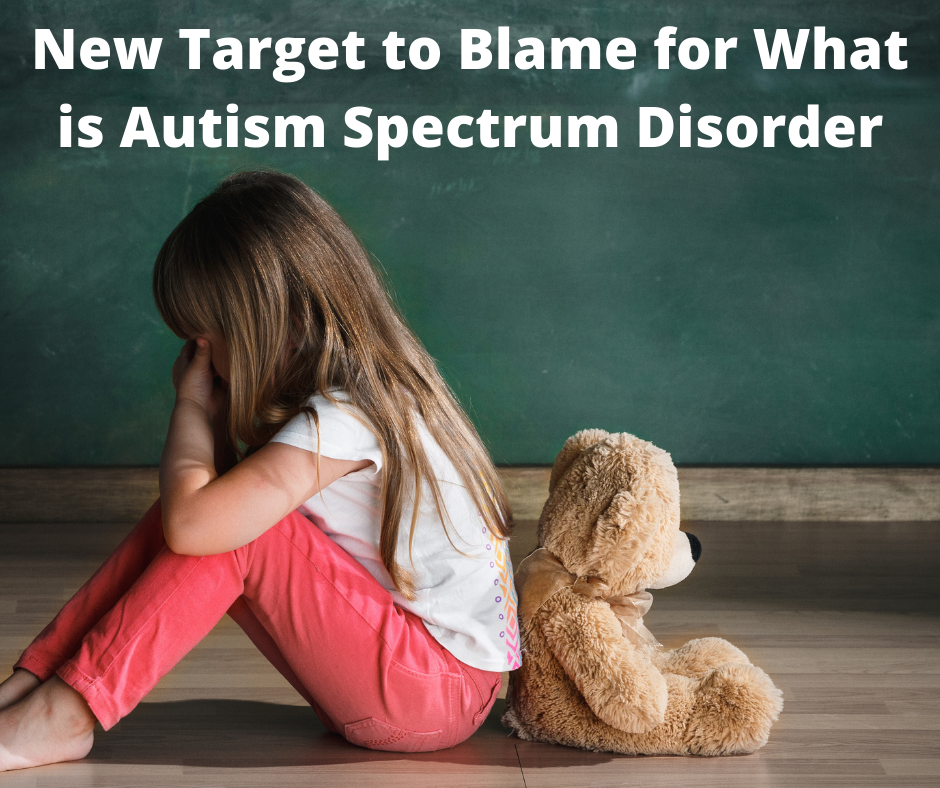Gluten Intolerance and Autism
Gluten Intolerance and Autism

Gluten-Free diets are all the rage. What’s more, many parents are turning toward a gluten-free diet to help alleviate symptoms of Autism and other learning disorders in their children. Most of the medical community disagrees with this approach, citing that diet and Autism have nothing to do with one another. Other medical research, however, suggests that thousands of people with Autism have had improvement with diet alterations and changes.
Diet Can Dictate Behavior
The nutrition in foods is the basis of how our internal biochemistry operates. Dismissing the possibility that food contributes to disease is a critical mistake. You might compare food to a medication or drug, and
foods can have druglike properties. Analyzing the potential for a person to react positively or negatively to a certain food should be a primary diagnostic exercise of all physicians.Certain children diagnosed with autism are also susceptible to an underlying celiac disease and varied nutrient deficiencies. A glutenfree diet, along with dietary and supplemental measures to secure nutritional sufficiency can improve a child’s gastrointestinal symptoms, as well as abate signs and symptoms suggestive of autism.Common malabsorption syndrome associated with central nervous system dysfunction is also common in autistic children, and suggests that in some instances, nutritional deficiency may be a determinant of developmental delay. It is recommended that all children with neurodevelopment problems be assessed for nutritional deficiency and malabsorption syndromes.
Dietary Suggestions for Autism
If your child has been diagnosed with Autism, it’s important to test for both gluten and dairy sensitivity. It is also a good idea to test for other food allergens as well. Secondly, remove all processed foods, artificial dyes and sugar from the child’s diet. Doing so will eliminate those GMO and glucose properties associated with bad nutrition.
It’s a good idea to test for vitamin and mineral deficiencies, especially B vitamins. The body’s production of neurotransmitters, chemicals that allow proper communication in the nervous system, is largely dependent on vitamin B1, B5, B6, B12, copper, zinc, magnesium, vitamin C, folate and omega fatty acids. It’s also important to remember that gluten has been shown in numerous research studies to damage nerve tissue. Those with neurological illness should be tested for gluten sensitivity.
Another theory with Autism has to do with the introduction of mercury into the body, perhaps from a cavity filling or vaccination. Stop any treatments, medical or dental, that introduce mercury into the body. Vaccinations and flu shots are common sources.
Beyond the Gluten-Free Diet
Remember that the avoidance of gluten is but one dietary strategy for helping autistic children. There are numerous diets that prove very effective for helping children with this condition. And, gastrointestinal issues are but one reason to be strategic about food choices. Multiple studies indicate that nutrient deficiencies are common with autism, and several other factors that indicate that attention to food choices and nutrition intake is very important. But because everyone is different, finding the right one for your child is the key.
Author Bio: David Novak is an international syndicated newspaper columnist, appearing in newspapers, magazines, radio and TV around the world. His byline has appeared in GQ, National Geographic, Newsweek, The Wall Street Journal, Reader’s Digest, USA Today, among others, and he has appeared on The Today Show, the CBS Morning Show and Paul Harvey Radio. David is a specialist at consumer technology, health and fitness, and he also owns a PR firm and a consulting company where he and his staff focus on these industries. He is a regular contributing editor for Healthline. For more information, visit http://www.healthline.com/.
Thanks to Healthline for this article on Gluten Intolerance and Autism!





This is a very interesting post. I had no idea that foods could effect people in such ways.
Thank you for sharing this article and I do believe that the foods we eat affect us in more ways than just weight.
This is crazy!!! Health and diet is so important. Thank you for educating me on how to set my children up for success!
I’d love to try this with my non verbal autistic son but I can’t get him to try anything but popcorn chicken and his shakes we sneak in! :/
My daughter didn’t figure it out (about gluten) until she was 25 years old! She says that her thinking is much clearer now.
I’m so happy she is doing much better AnnaZed!
There definately is a gut-brain connection, and I’m celiac,,,, I researched this abit.
Thanks for your comments.
Funny how we have fads in diet trends! You hear alot about Gluten Free nowadays. It seems like a good trend>
It is a healthier trend but for some of us we need to be gluten free.
Both of my boys are on the spectrum and we had them tested. I was willing to go gluten free, but the tests came back negative and so we didn’t have to. Cutting out processed foods and going more organic has been helpful in expanding their food repertoire.
Nice that you didn’t have to go gluten free but being on the spectrum it may still help them. I know it has helped with our grandson. Great that you are going organic and cutting processed foods. So much better for all of us.
I know quite a few families that have made the gluten free switch and have seen numerous improvements in their child’s behavior!
I have heard so much about diet and behavior lately. Thanks for the informative post!
We have found such a difference by changing our family’s diets! It’s amazing what a positive effect it can have.